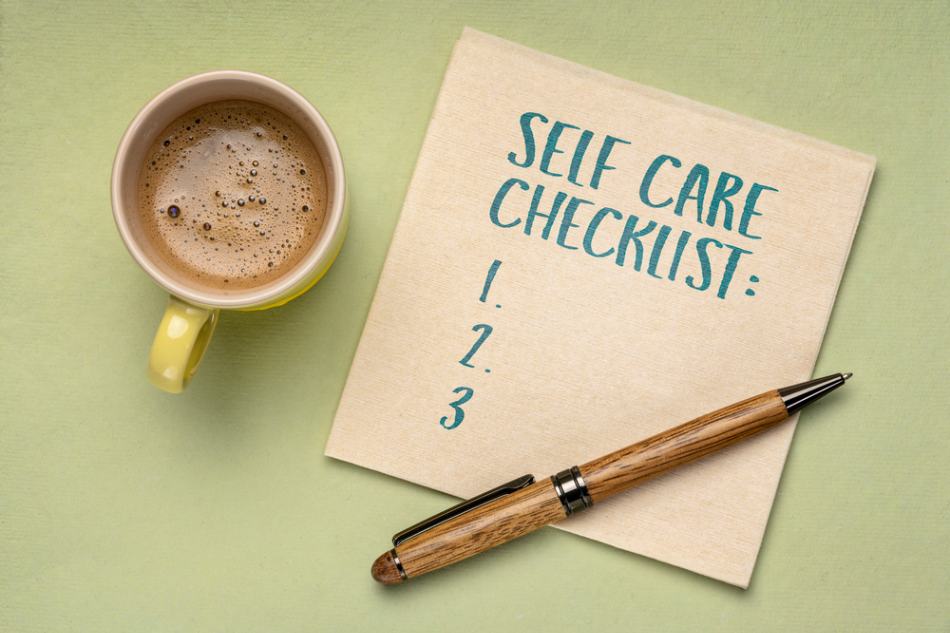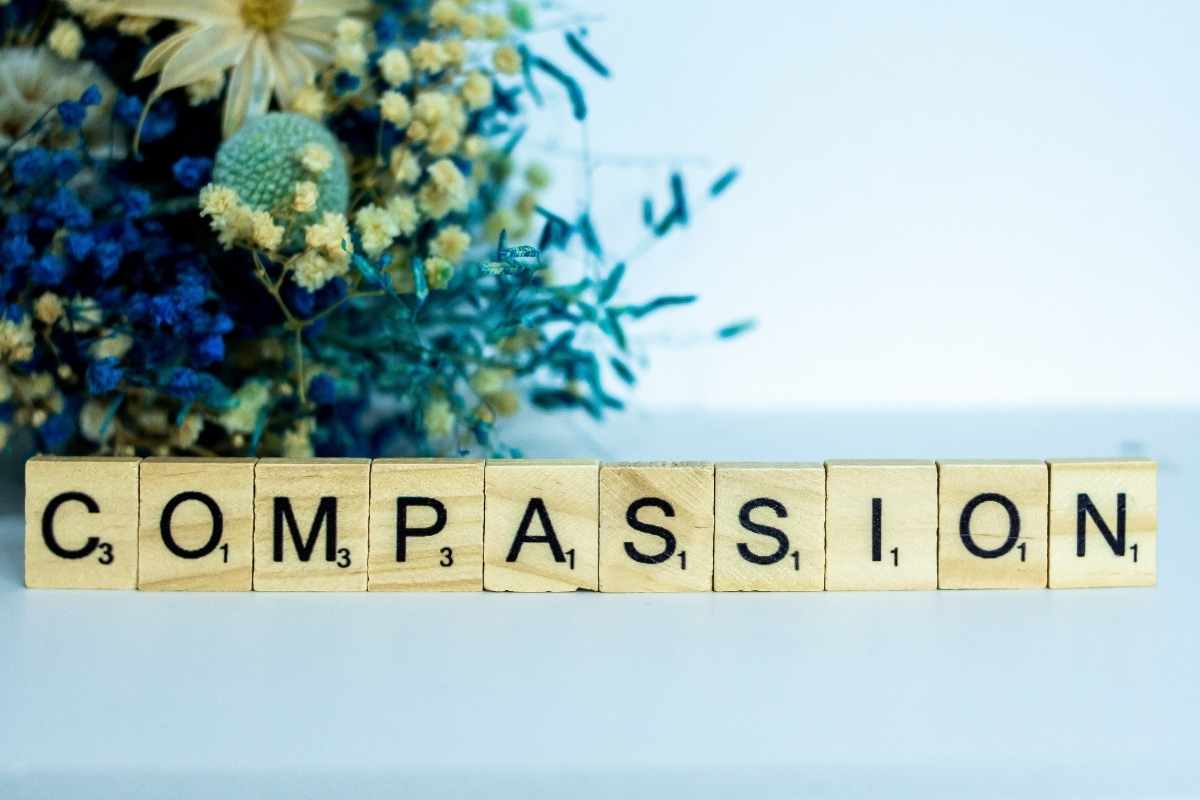March 4, 2018
Costs and Benefits of Negative Emotions & How to Let Go
Written by Rachel Eddins
Posted in Self Help / Personal Development, Tools & Exercises and with tags: couples journal exercises, emotional regulation, journal exercises
Letting Go of Negative Beliefs and Emotions
There are some emotions, thoughts or patterns or behavior that are challenging to let go of. Yet they can be the emotions and patterns keeping you from being at peace. Getting in touch with your negative thoughts and emotions can help you get to the source of your unhappiness and learn to let it go.
Exercise: Identify My Thoughts and Emotions
Identify certain thoughts and feelings and discover what they are doing to you and for you as well as your fears of letting them go. Take any present emotion or situation which is troubling you.
Complete the worksheet: Identifying thoughts and feelings
Then respond to the following questions:
1. How long have I had these feelings and thoughts? When can I first recall having these feelings?
2. What behaviors do I act out when I have these feelings? Do I try to control? Do I try to be “right”? Do I “justify” myself? Do I punish someone? Do I blame? Do I play being a “victim” Do I try to be “safe”? Do I try to “fix” someone? Do I “hide” or “pretend”? Do I avoid? Do I try to “dominate” someone?
3. What is it doing to me to have these feelings and thoughts? What is the impact on my life? How do these emotions affect me? Do these feelings help me or hurt me? Do these feelings bring me pain and misery or joy and happiness? Do these feelings bring me closer to what I want in life or do they hold me back? What is the cost of having these feelings?
4. While we don’t like to think that we are getting some payoff out of maintaining certain emotions, consider that there is something that you “get” or attempt to “get” out of having these feelings. What is it doing for me to have these feelings? What am I trying to get by having these emotions? Is it working?
5. What is a possible difference it could make to my life if these feelings disappeared? What would the disappearance of these feelings make available to me? Is there any fear in not having these feelings?
6. Who do I say is responsible for these feelings? What are my beliefs about who is responsible? And who is really responsible for these feelings. Who is choosing these emotions? Can I take responsibility for these feelings?
7. How long do I really want to hang on to these feelings? For the rest of my life? For a few more years? For a few more weeks? A few more days? A few more hours, minutes, seconds? Or, no longer?
8. Is it possible for me to let go of my negative thoughts and feelings?
9. Am I willing to let go?
10. When? (Be with the feelings until they are gone)
11. Are they gone? Completely? Am I willing to let go of my negative thoughts and feelings completely? Are they gone now?
12. What am I feeling right now? How am I seeing my situation now? How could I see my situation? Can I see my situation in a new light now?
13. Can I imagine never, ever having these feelings again? Can I let go of any attachment that I must or will have these feelings again?
14. Can I imagine always having these feelings? Can I let go of any fears of these feelings coming back?
15. If I could replace these feelings with a new possibility that would really make a difference in my life, what would I like to feel? How would I like to be? What is another way that I could see this situation? Or, is there another way I could think about this situation? If I could replace those negative feelings with a new possibility, what would I replace them with?
16. Am I willing to allow these new feelings into my awareness now?
|
|
What are the Payoffs of My Unpleasant Emotions?
When asked about letting go of unpleasant emotions, our first reaction is most often, yes, please! Yet these emotions persist. On the other hand, we may hold on to unpleasant emotions because we feel justified in feeling that way, such as holding onto anger towards a partner.
Many of us feel ambivalent about truly letting go of unpleasant emotions. On the one hand, they create pain. On the other hand, they have payoffs, or benefit us emotionally. Yet, they all come with costs. Knowing the pain, costs and benefits of our emotions is important. It explains why we hold onto things that hurt us and keep us stuck.
Recognizing the payoffs of unpleasant emotions can help you identify why you might be holding onto negative emotions. From there, you can create alternative and healthier strategies for meeting your needs.
Pain, Cost and Benefit of Keeping Emotions Alive
Pain = the pain or suffering caused by holding onto particular emotions. What it does to you.
Cost = what you give up to keep the emotion alive. The price you pay for holding onto certain emotions.
Benefit = The payoff or advantage in keeping certain emotions alive. This may be a conscious or unconscious benefit.
Here are some examples of pain, costs and payoffs of keeping certain emotions alive.
Pain-Cost-and-Benefits-of-Unpleasant-Emotions
Identify the ones you are familiar with. If there are persistent unpleasant emotions you struggle with see if you can identify the pain it creates for you, the cost of keeping it alive, and the payoff. Your therapist may be able to assist you with this exercise.
Once you’ve identified the pain, cost and benefit of holding on to negative emotions, you can evaluate and let go of them.
For this journaling exercise, consider:
- What negative emotion(s) am I ready to let go of?
- What context does this emotion appear?
Evaluating and Letting Go Of Negative Emotions Worksheet
New Possibilities for Thinking & Feeling
Journal Exercise: What Emotions Would I Like to Feel?
Take a moment to reflect once again on the various areas of your life and consider the positive emotions you would like to feel in each of those areas.
Take each area of your life one at a time and check off the positive emotions that you would like to feel in each of those areas on the following worksheet. Photocopy the pages for as many of the areas as you choose. You may already feel some of these emotions in some areas of your life. If you do, go ahead and check off the ones that you already feel.
You will eventually discover that your natural inheritance is happiness and joy. You want to feel these feelings because they connect to your true self. They are familiar to you on some level but you have lost your connection with them because you have replaced them with your ego self. Now, you are returning to that which is you as you let go of that which you are not.
Next, consider how you would LIKE to feel.
Complete the New possibilities for thinking and feeling worksheet.
The Twelve Pathways for Personal Growth
Freeing Myself
1. I am freeing myself from negative emotions that make me try to forcefully control situations in my life, and thus destroy my peace of mind and keep me from loving myself and others.
2. I am discovering how my thinking creates my illusory version of the changing world of people and situations around me.
3. I welcome the opportunity (even if painful) that my moment-to- moment experience offers me to become aware of the limiting beliefs that I must release to be liberated from my automatic emotional patterns.
Being Here Now
4. I affirm and trust that I have everything I need to enjoy my here and now-unless I am being dominated by negative emotions and thoughts I carry from the past into the future.
5. I take full responsibility here and now for everything I experience, for it is my own thoughts and beliefs that creates my actions and also influences the reactions of people around me.
6. I accept myself completely here and now including my negative emotions, limiting thoughts and self-defeating actions as a necessary part of my growth into a whole and complete human being.
Interacting With Others
7. I open myself genuinely to all people by taking responsibility for my deepest feelings and thoughts and being willing to communicate myself with the intention of releasing any limiting thoughts and feelings from my consciousness.
8. I listen with loving compassion to the feelings and thoughts of others without getting emotionally caught up in their predicaments that are offering them lessons they need for their growth.
9. I act freely when I am loving and at peace with myself, but if possible I avoid taking action when I am emotionally upset and blaming my circumstances and others for my experience.
|
|
Discovering My Highest Potential
10. I am continually seeking to be aware of my limiting thoughts and negative feelings that provide me the opportunity to release them and return to peace of mind.
11. I trust the process of my growth by continually giving up my illusion of control and placing the future in the hands of my higher power.
12. I am perceiving everyone, including myself, as an awakening being worthy of love.
Go to the next journaling exercise: Positive Affirmations
*Journaling exercises written by Cort Curtis, Ph.D., used with permission.
Why You Feel This Way
Get instant access to your free ebook.
Grounding & Self Soothing
Get instant access to your free ebook.
7 Mood-Boosting Tips
Get instant access to your free ebook.




















